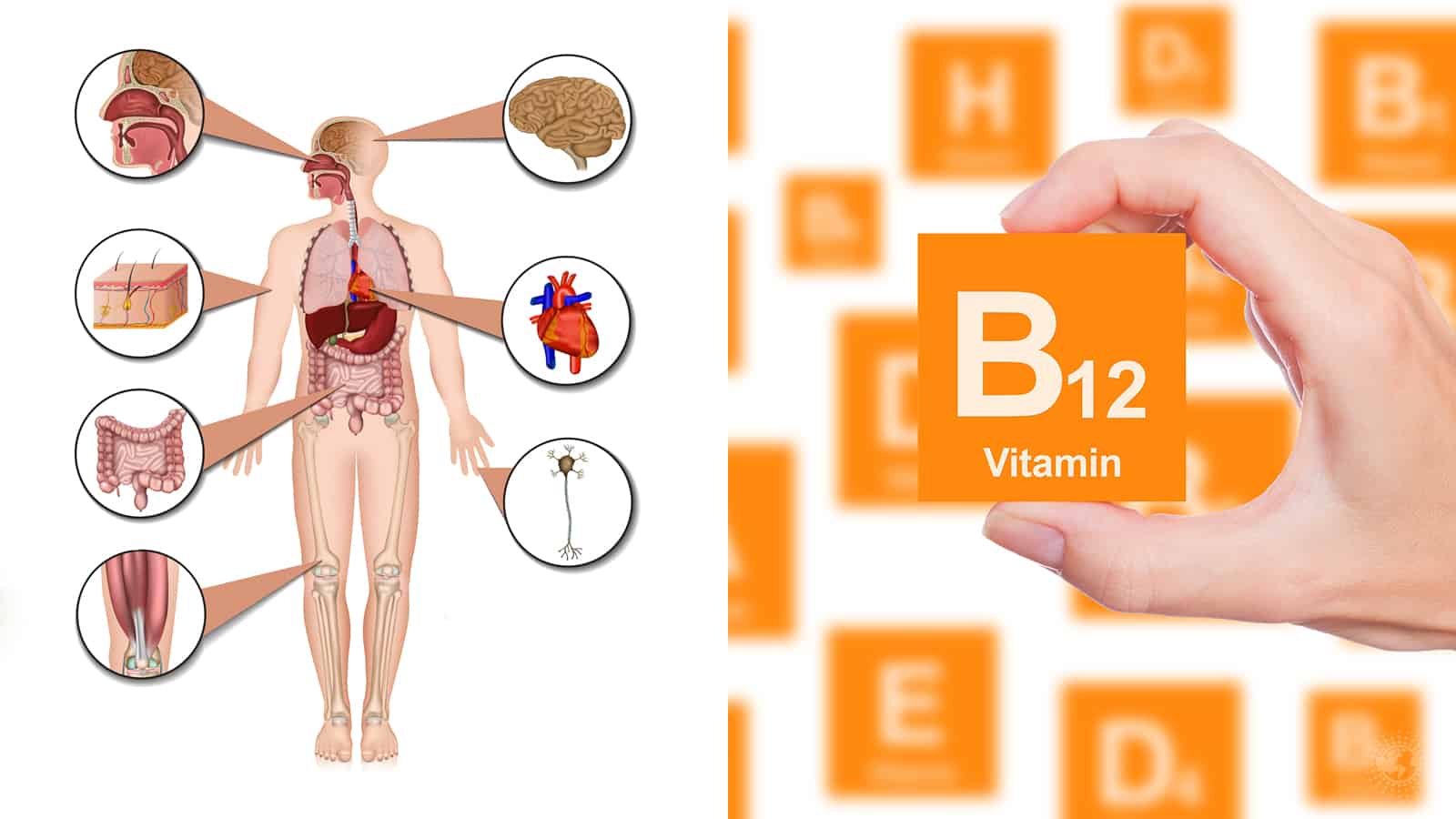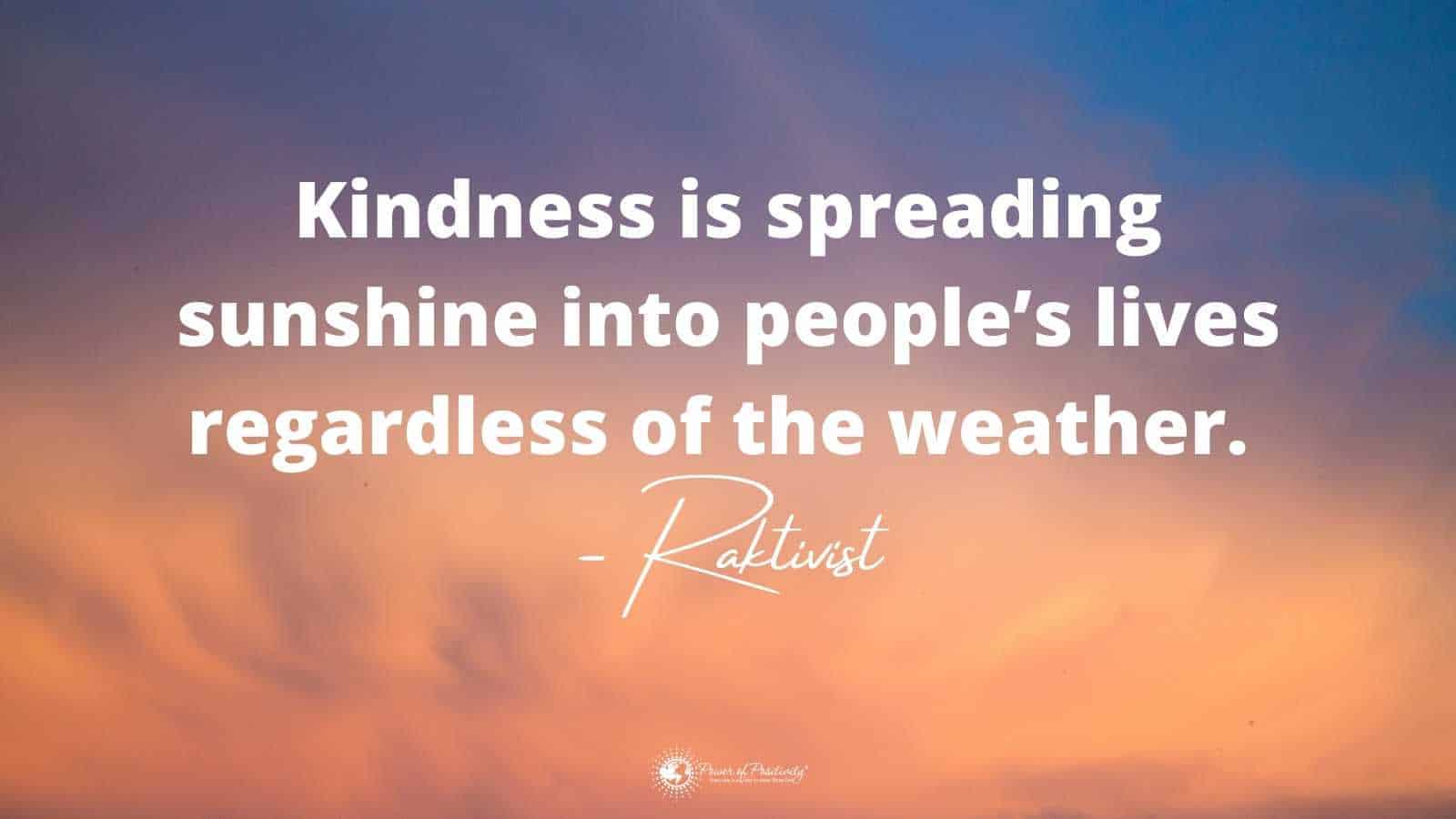Our tongue is probably the least thought about organ in our body. Most of us know that the tongue allows us to taste food and helps us form words, but is there anything else that’s worth knowing about this fleshy, muscular organ?
In fact, there is. As it turns out, our tongue can reveal important facts about our health. When we go and see our doctor, they’ll often have us open our mouth and extend our tongue. They do so for good reason: our tongue is one of the most visible representations of our overall health.
The best way make a determination of our health while examining our tongue is to match its appearance to potential causes. With that said, let’s take delve into some common health conclusions that can be made when the tongue appears or feels a certain way.
What does your tongue reveal about your health?
1. Tongue contains brown or black fuzz
While this look can be alarming and deeply troubling, it’s actually just a matter of oral health. A tongue that contains brown or black fuzz is the a strong indication of bad oral hygiene.
Papillae –tiny bumps we see on our tongue – normally become worn down simply by eating and drinking. However, they can sometimes experience overgrowth which makes them prone to concentrations of bacteria and discoloration. Doctors point out that the root causes of this visually unappealing condition are normally smoking, drinking coffee or dark teas, or just bad dental hygiene.
The remedy is to simply eliminate the habit that caused it. Stop smoking, drink less coffee or tea, and practice good hygiene. Tongue scrapers are also available that make the removal of fuzz easier.
2. Visible patches of white
A frequent symptom among tobacco users, patches of white underneath the tongue, around the gums, and on the insides of our cheeks (called leukoplakia) are usually caused by an irritant of some sort.
Although leukoplakia isn’t normally dangerous, is can be potentially serious. Most patches of leukoplakia are benign (non-cancerous), but some can show early signs of cancer. Tobacco users, especially smokers, that display these lesions have between a 5 to 17 percent chance of the patches becoming cancerous. Doctors point out that these precancerous patches will normally disappear when tobacco use is stopped.
3. Burning sensation of the tongue
Burning sensations of the tongue are quite common – 15% of people will experience it sometime in their life. Women are seven times more likely to get a burning sensation, as it sometimes occurs post-menopause.
If the tongue appears normal yet burns, it can mean a couple of different things. Hormonal changes, wrong toothpaste and allergies from toothpaste can create a burning sensation. Many toothpastes get their foamy appearance from an ingredient called sodium lauryl sulfate (SLS), which has been known to cause stinging and burning – even suddenly. In this instance, it’s advisable to change to a paste that does not contain SLS (Sensodyne is a popular brand for this reason).
In many cases, the burning sensation will subside without intervention. For cases when the symptom is persistent, doctors will often prescribe antibiotic rinses or neuropathic medication.
4. “Geographic tongue”
Affecting roughly between 1 to 14 percent of the population, Geographic tongue is a medically coined term that refers to a sporadic, rutted appearance resembling bumpy terrain. Fortunately, this is a very common, normal condition that doesn’t normally indicate any health concerns.
Experts are somewhat unclear about what causes Geographic tongue, although it’s believed that the growth and degeneration of taste buds could play a role. When this growth and degeneration of is uneven, it creates a visually noticeable effect.
This condition of the tongue doesn’t usually require medical intervention. However, if they become painful it’s advisable to see a doctor, who will usually then prescribe some type of anti-inflammatory steroid paste or antihistamine rinse.
5. Small, painful sores (Canker sores)
Canker sores are painful sores that form on the tongue and cheeks. Most people reading this have had canker sores at one time or another…and they’re a nuisance. Fortunately, they’re not dangerous or cause for any type of health concern. Canker sores are not contagious – not be confused with cold sores (lip sores) that are very transmittable.
Common as they are, health professionals aren’t quite certain what cause them. However, doctors say that canker sores are probably some sort of virus. People that are burnt out and stressed are more susceptible to canker sores, so we all have another great reason to reduce our stress levels.
6. Wrinkles
Our tongue is not exempt from the aging process, which is usually the cause of a wrinkled tongue appearance. Noticeable crevices in the tongue are typically harmless, although poor oral hygiene can spur an infection within these crevices.
If an infection occurs, it is usually treated with an antifungal medication of some sort. Doctors also point out that dental fixtures – such as dentures – can cause hollows to form on the tongue. For the rest of us, wrinkles on the tongue can be somewhat counteracted by drinking enough water, practicing good dental hygiene and brushing our tongue.
7. Bright red tongue
If our tongue starts to take on the color of a red apple, it’s time to check our vitamin intake. Papillae on the tongue require vitamins – especially iron and B12 – in order to develop normally. When we’re deficient in these two vitamins, our tongue can appear very red and smooth.
In rare cases, this condition can cause burning when eating certain foods. Vegetarians are also susceptible, since their diets often do not contain an adequate amount of B12. For some vegans, medical professionals advise taking supplements with a doctor’s recommendation.










